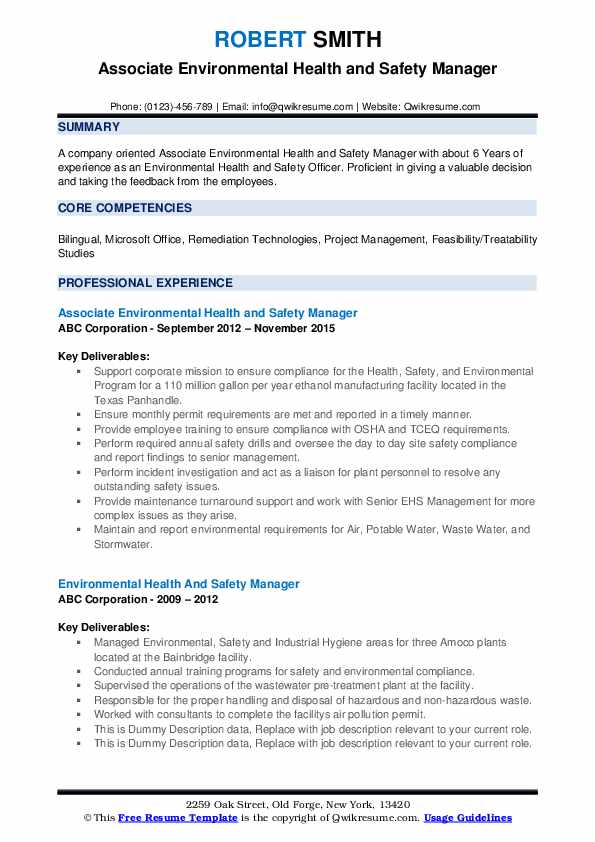
A Washington DC business license is necessary to open your business. There are several licenses that you will need to be able to operate your business within the District. These licenses generally are regulated in the Occupational and Professional Licensing Administration. Check the DC Business Portal for information about which licenses you will need to run your business.
Application fee
Washington DC businesses require a business license. There are two types: a Basic Business License (General Business License) and one that is more specific. A DC business license can be obtained twice per year. For a Basic Business License, $160 is required, while for a General Business License it is $350.
The majority of businesses need a basic license in order to conduct business. To obtain one, complete the application online. You can also find a list of the different business license categories and their application fees. The DCRA will submit your application for approval.
Requirements
When setting up a business in the District of Columbia, it is important to comply with the business license requirements of the local government. DC's basic business license is required for all businesses. However, some businesses run by licensed principals don't need to have a business licence.

There may be multiple licenses required for a business depending on what type of business it is. Basic business licenses are not required. However, professionals and environmental permits may be required by the Department of Energy and Environmental Protection. The Department of Consumer and Regulatory Affairs has information about whether your business needs additional licenses.
Requirements for renewal
There are many steps that you need to take before you can renew a DC business license. First, apply for a business license. This is a mandatory step in most districts. After applying, you must list what your business will do. You have a choice of several categories, and you must comply with these requirements to be allowed to operate in the district. More information about these endorsements and categories can be found on the DCRA website.
Next, you need to apply for a Basic Business License. You can complete the application online. While most licenses will be granted immediately, some types may take upto a week.
Agents to list
You'll need a license to run a business here in the District of Columbia. Before you apply for your license, there are some things you should remember. First, register the business with HCDC. If you're renting out multiple units, you'll need a separate license for each unit. This is because each unit needs to be inspected and certified.
The District of Columbia's Department of Insurance, Securities and Banking (DISB) regulates the financial services industry in the District. Their job is protect consumers and to create a fair business climate for regulated businesses.

Paper forms available
All businesses within the District of Columbia must have a Basic Business License. It is issued in the Department of Consumer and Regulatory Affairs. For security officers, the Department of Energy & Environment can issue them. For some categories, paper forms can be purchased and printed. Some categories require payment in person or electronically.
Credit cards are accepted by the Business Registration Division. It accepts Visa MasterCard, American Express and Diners Club credit cards. The cardholder's full name and expiration date are required. You can also fill out PDF forms.
FAQ
What kind of contracts can consultants sign?
Most consultants sign standard employment agreements when hired. These agreements outline how long the consultant will work for the client, what he/she will get paid, and other important details.
Contracts also specify which areas of expertise the consultant will focus on and how the consultant will be compensated. For example, the agreement may say that the consultant will provide training sessions, workshops, webinars, seminars, etc.
Sometimes, the consultant agrees to do certain tasks within a given time frame.
Many consultants sign independent contractor agreements in addition to the standard employment agreements. These agreements allow the consultant work on his/her own but still receive compensation for his/her efforts.
What industries employ consultants?
There are many types and styles of consultants. Some are specialists in one type or another of business.
Some consultants are only available to private companies while others work with large corporations.
Some consultants also work internationally and can help companies around the globe.
Do I need to pay tax on consulting income?
Yes, you must pay tax on the consultancy profits. This amount will depend on how much you earn each year.
If you're self-employed, you can claim expenses on top of your salary, including rent, childcare, and food.
You can't deduct the interest on loans, vehicle damage, or equipment costs.
If you earn less than PS10,000 per year, 25% can be claimed back.
However, you might still have to pay tax if your earnings are higher than the threshold. This depends on whether you are an employee or contractor.
Employers are taxed via PAYE (pay as your earn), and contractors through VAT.
Consulting is it a job?
Consulting is not only an entry-level profession for those looking to make fast money, but it's also an excellent way to acquire valuable skills that you can apply throughout your career.
There are many options for consulting. These include project management, business strategy, strategy, leadership, and training. There are many projects you could be involved in, from small start-ups all the way up to large-scale multinational corporations.
You can develop your skills and gain experience in a variety of industries by consulting. This could include learning how to manage teams, write proposals, manage budgets and analyze data.
Statistics
- According to statistics from the ONS, the UK has around 300,000 consultants, of which around 63,000 professionals work as management consultants. (consultancy.uk)
- Over 62% of consultants were dissatisfied with their former jobs before starting their consulting business. (consultingsuccess.com)
- My 10 years of experience and 6-step program have helped over 20 clients boost their sales by an average of 33% in 6 months. (consultingsuccess.com)
- "From there, I told them my rates were going up 25%, this is the new hourly rate, and every single one of them said 'done, fine.' (nerdwallet.com)
- So, if you help your clients increase their sales by 33%, then use a word like “revolution” instead of “increase.” (consultingsuccess.com)
External Links
How To
How do you find a good advisor?
Understanding your needs is the first step to finding the right consultant. Do you want them helping you improve your website's performance or not? Are you looking for them to help optimize your website to rank higher on search engines? Maybe you are looking for someone to point out any problems with your current web host. You should know the type of services that you require before you start looking at other companies. Although there are many consultants who claim to offer these services, very few of them can actually provide the required results. How can you pick the right one? Here are some tips to help you choose a consultant.
-
Get referrals. This is probably the best way to choose a consultant. You don't want to hire someone you've never heard of before because you'll likely pay too much. You don't want to work alongside someone whose reputation hasn't been established. If you are lucky enough to be referred by people you trust, that's awesome! Even if you don’t have any referrals, you can still look online for reviews. You can find testimonials and case studies from clients who have used your service.
-
Ask around. Many people don't realize that consulting could be beneficial for them. They assume that their current situation is fine and they don’t need changes. However, this is usually untrue. Even if you have great results right now you probably haven't been keeping pace with new technologies or trends. You'll lose out on the opportunities to grow your company if you rely on old methods. It's worth asking your friends and family for recommendations to help you find the right consultant.
-
Make sure to verify their qualifications. You don't need to worry about whether they are building a website or an eCommerce store worth millions. It doesn't matter if they are qualified for the task or not; make sure they are knowledgeable in the field.
-
Find out the type of projects they specialize. It is a common misconception that everyone can manage everything. Some areas require specific education or training. A developer who is a specialist in Drupal would not be able to help you build a WordPress theme. The same applies to programming languages, graphic design and other areas. Ask what projects they usually work on.
-
You should know their prices. As we mentioned, it is important to know what they charge. However, you don't need to pay too much. Consultants come in all shapes and sizes. While some consultants charge an hourly rate, others bill per project. You will save money if you know exactly what you're going to pay upfront.
-
Learn what they offer. Are they available for free consultations Will they give you advice on how to set up your own system? Do they promise that your site will rank higher once you have worked with them? You can cancel your consultation at any time without penalty if you are not satisfied with what you heard.
-
Find out if the company offers discounts for several months or years. Many consultants offer discounts for longer periods. Although you do not have to commit to a year, it is possible to take advantage of any offers they may offer.